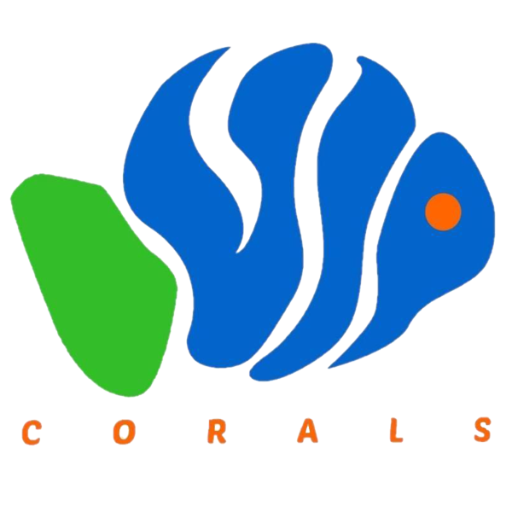Authors
Gisela P. Concepcion, Andrea Roxanne J. Anas, and Miguel A. Azcuna
2014
Philippine marine biodiversity ranks among the richest in the world and is still largely unexplored. Such biodiversity can have profound applications in the search for compounds with anticancer properties. Our increased understanding of the molecular mechanisms in cancer has enabled us to demonstrate exactly how these compounds work. In the past two decades, compounds with diverse structures from Philippine marine organisms, ascidians, and associated microorganisms were reported. These compounds are cytotoxic to a variety of cancer cell lines and act on specific molecular targets in major cell signaling pathways implicated in cancer. To address the challenges associated with developing marine natural products for the pharmaceutical drug pipeline, future directions will focus on optimizing the culture of marine organisms and symbionts, utilizing biosynthetic genes in microbial hosts, and developing the concept of treating cancer with combinatorial therapy.
PSL 2014-vol07-no01-p207-227 Azcuna
